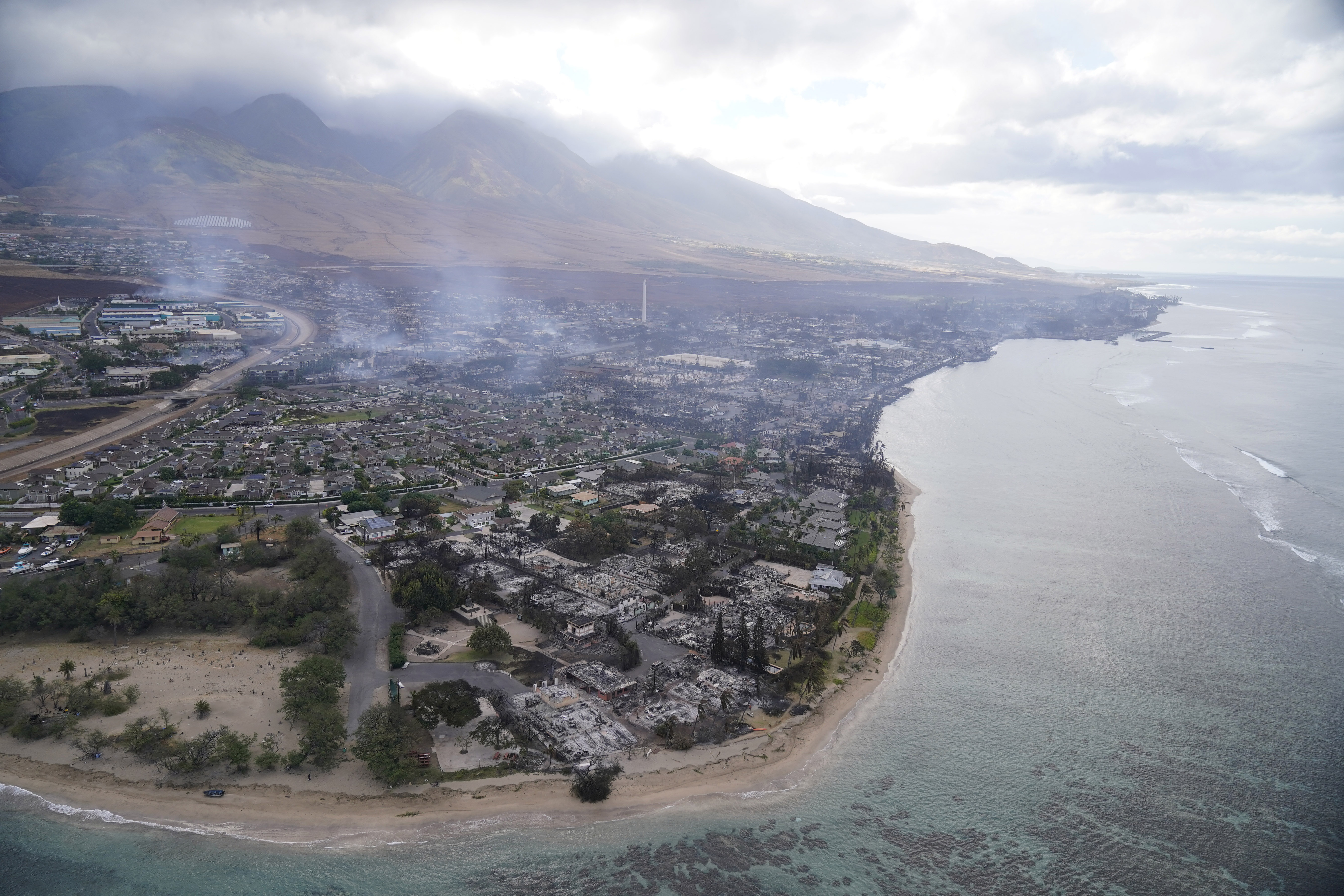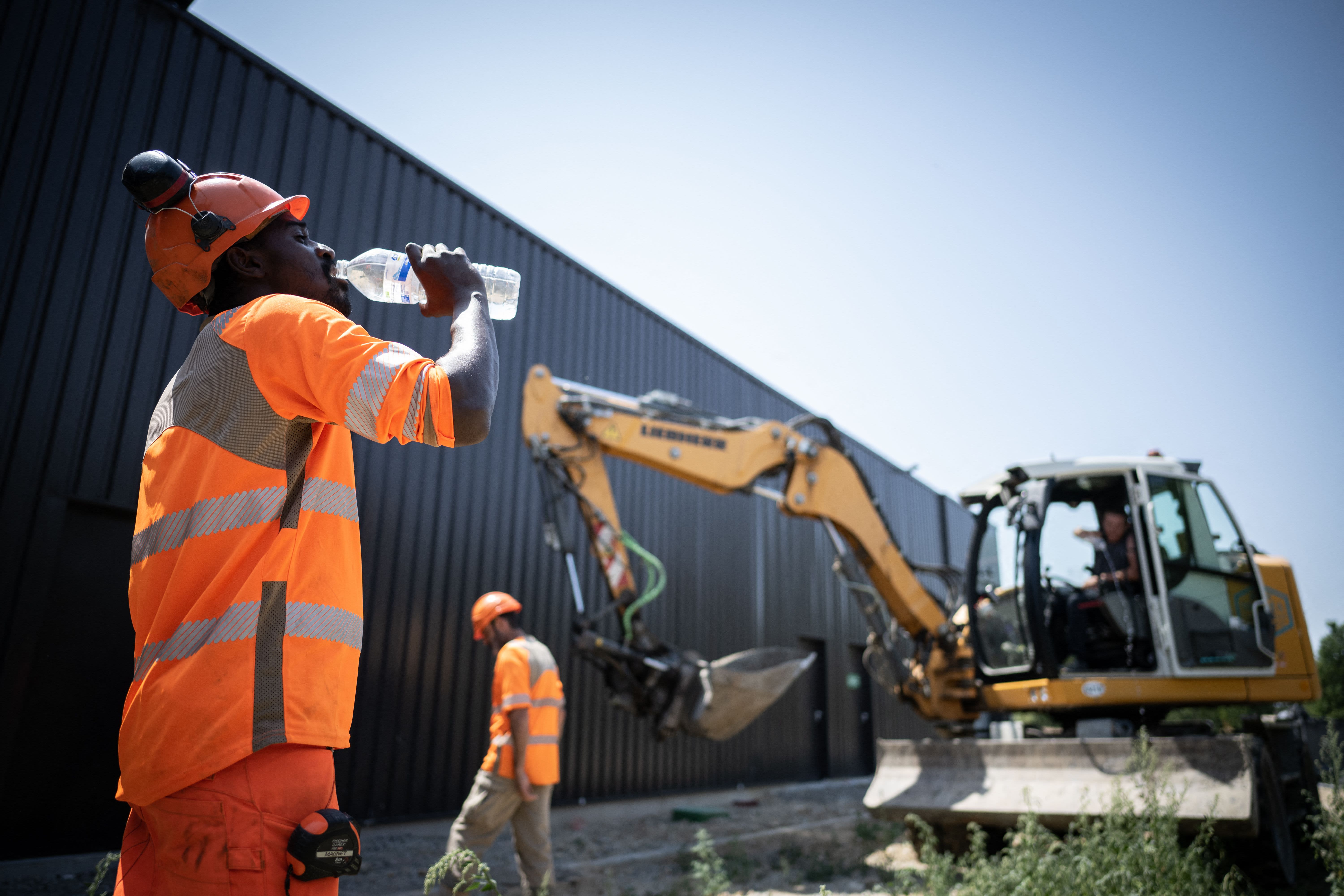Every year the world produces 430 million tons of plastic, according to the United Nations. Much of that plastic ends up in our oceans.
According to the UN, 11 million metric tons of plastic enters the ocean every year.
Now, one group of researchers at Worcester Polytechnic Institute has come up with a groundbreaking way to turn that plastic into fuel and it could be a game changer when it comes to cleaning up our oceans.
“We were inspired by this problem of plastics accumulating in our oceans,” said Michael Timko, a professor of chemical engineering at WPI.
Get Boston local news, weather forecasts, lifestyle and entertainment stories to your inbox. Sign up for NBC Boston’s newsletters.
The problem is big: more than twice the size of Texas. It’s dubbed the Great Pacific Garbage Patch, a floating island of plastic and other trash between Hawaii and California.
Groups are working hard to rid the water of plastic. Ships collect the waste, haul it away and recycle it. Now researchers at WPI discovered that the plastic floating in the ocean could be used for something else.
“What we found was that there is a lot of energy in these locations,” said Timko.
Timko and a team came up with a way to turn that plastic into fuel, which solves two problems at once.
“Now instead of going back and forth between the port and the location and actually probably spending more time in transit rather than actually collecting the plastics now, instead, you can use a much smaller ship, which is much more efficient,” he said.
Essentially, a self-powered cleanup turning marine plastics into what these researchers call, ‘blue diesel.’
The whole process would happen in a reactor on board a ship.
“The chemical bonds that are in plastics and the bonds that are in fuel are basically the same,” said Timko.
Elizabeth Belden, a fifth year PhD candidate said their discovery could also be deployed on rivers, which is where most of the ocean’s plastics come from.
“If we don't prevent the plastic entering the ocean in the first place, it's a never ending battle to try to clean up the ocean,” she said.
Belden said the discovered is exciting.
“Are we trying to save the world? We're trying to preserve the environment so that it's more livable for people,” said Timko.
The researchers at WPI said they hope their discovery can one day be put into use in the real world.



